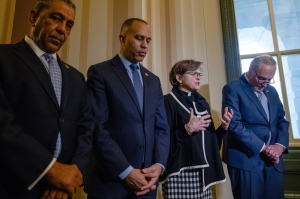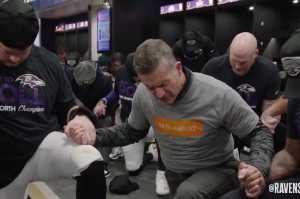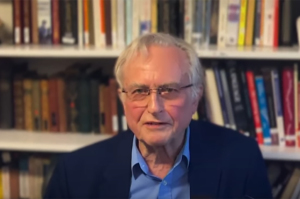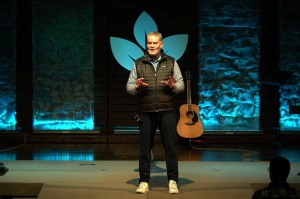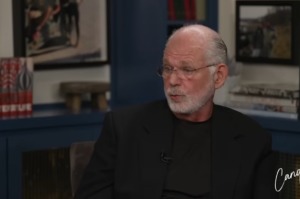Repeat Concussions Can Have Long-Lasting Effects on Children, Say Doctors
A new report on young athletes getting repeat concussions is telling the truth on just how dangerous these head injuries can really be.
"There may be a subgroup of kids, particularly those who play contact sports who are at risk over the course of their adolescence -- those are the ones we worry about," Dr. Matthew Eisenberg, author of the study, told USA Today. He's an instructor of pediatrics at Harvard Medical School and also works at Boston's Children Hospital.
280 people ages 11 to 22 were tracked for the study for 12 months upon arriving in the hospital, reported CBS News. After a series of initial tests and follow-ups, the symptoms went away.
The reports found that the more concussions the person had, the more it took to recover each time -- usually twice as long. The average length for a concussion is 12 days, a second bumps up to 24, with anything above two jumping to in some cases 35 days.
The symptoms the doctors look for in concussion patients according to the Mayo Clinic are: headaches, confusion or feeling foggy, dizziness, ringing in the ears, nausea, vomiting, slurred speech and fatigue.
"Even after symptoms have improved and even after these neuropsychological tests have returned to normal, there's still a vulnerability that can lead to a much more severe second concussion," Dr. Eisenberg told Fox News.
Another warning sign Mayo Clinic warns about is the possibility of brain swelling (second impact syndrome) if a patient returns to sports activity too fast.
"The most important piece of information that comes out of this study is, if you've had prior concussions, the 10- to 14-day (recovery) thing may be completely out the window," neuropsychologist at the University of Toronto Dr. Paul Comper told Reuters. "For you, it might be a month."
It is estimated that 3.8 million concussions occur a year.
















